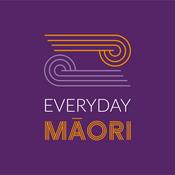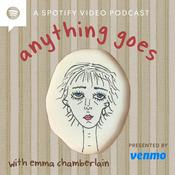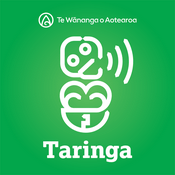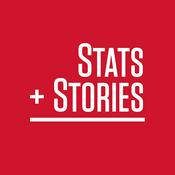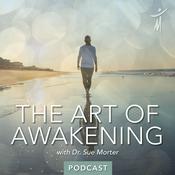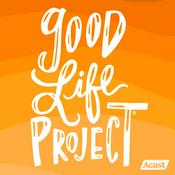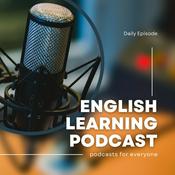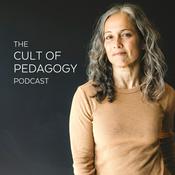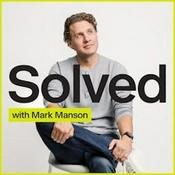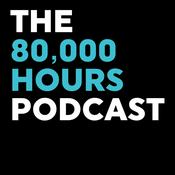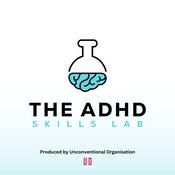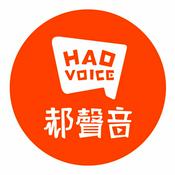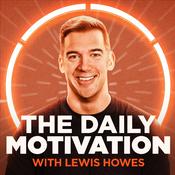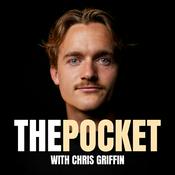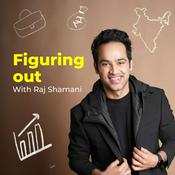Available Episodes
5 of 13
- #13 From Snack Aisles to City Streets: Systems Change at the Local Level with Dr Tamika WopereisHave some feedback, or a question you want us to answer? You can send us a text by following this link.What shapes our everyday food choices? And what can local governments actually do about it?In this episode, we explore the food environment through a systems lens — from what’s on offer in the corner store to the broader policies and social norms that shape what people eat. Drawing on Tamika Wopereis’ work with municipalities in the Netherlands, we look at what it takes to understand and influence food environments at the local level.We’ll unpack how tools like group model building and participatory photo walks help communities surface the hidden drivers of unhealthy (or unsustainable) food systems. And we ask: what does it really take to move from insights to action when no one actor controls the whole system?Many of Tamika's papers are open access - check out some of these that we touch on in the episode:Systems Thinking for Local Food Environments (the group model building one)Food Cues in Outdoor Public Spaces (the PhotoVoice ones)Food Availability and Social Norms (the music festival one)And these are some of the other resources that are mentioned in the episode:James Noble's paper on the Action Scales Model - also check out Episode 9 of the podcast for our conversation with James.Peter Hovmand's book on Community Based Systems DynamicsThe Scriptapedia page with workshop processes for group model building.For more about us and what we do check out our LinkedIn page.--------43:39
- #12 Not Just a Method, But a Relationship: Systems Thinking in Place with Penny Hagen and Angie TangaereHave some feedback, or a question you want us to answer? You can send us a text by following this link.What does it take to change systems — not just tweak them? In this powerful episode, Angie Tangaere and Penny Hagen from the Auckland Co-Design Lab share what it means to lead transformative, indigenous-led systems change rooted in place, relationships, and real-world learning. From rethinking how government works with communities, to why personal healing matters in policy reform, this is a conversation that blends the deeply practical with the radically human. If you care about equity, complexity, or creating meaningful change that lasts — this one’s for you. If you're interested in learning more, here's some links to references made in the episode:The Auckland Co-Design Lab (https://www.aucklandco-lab.nz) and The Southern Initiative (https://www.tsi.nz/)Human Learning Systems (https://www.humanlearning.systems/)Healing Systems for Change (https://ssir.org/articles/entry/healing-trauma-systems)Throughout the episode you may hear references to terms or parts of Aotearoa New Zealand's history and culture. You're welcome to use the below links to learn a bit more about these to help you get the most out of the episode.Hear some terms that you're not familiar with? Start here: https://nzhistory.govt.nz/culture/maori-language-week/100-maori-wordsTe Tiriti o Waitangi (The Treaty of Waitangi) is a foundational document for Aotearoa New Zealand (https://nzhistory.govt.nz/politics/treaty/the-treaty-in-brief)For more about us and what we do check out our LinkedIn page.--------1:14:03
- #11 Thriving Systems for Thriving Kids: The Role of Context and Partnerships with Jacinta PerryHave some feedback, or a question you want us to answer? You can send us a text by following this link.In today's episode, Matt and Tenille talk with Jacinta Perry from Thriving Queensland Kids Partnership (TQKP) about what it means to view partnerships as systems, focusing on child-centered frameworks for systemic change. Jacinta explains the role of TQKP as a systems intermediary, aimed at creating conditions for kids to thrive in Queensland by connecting stakeholders from various sectors. She delves into the organisation's initiatives, including the Country Collaborative and Thriving Kids in Disasters, emphasising the significance of relationships and partnerships. Jacinta shares some of her insights on how systems thinking applies in her work, the role of ecological system-based metaphors, and the importance of going slowly with haste.Below are some links to things discussed in the episode:Thriving Kids in Disasters Action and Investment PlanThriving Kids in Disasters ReportTQKP Draft Phase 3 StrategyCountry Collaborative Social Network Analysis WebinarHuman Learning SystemsFor more about us and what we do check out our LinkedIn page.--------46:01
- #10 Cohesion with a Side of Connection: Navigating Food Systems with Dheepa JeyapalanHave some feedback, or a question you want us to answer? You can send us a text by following this link.We've hit the 10-episode mark! To celebrate, we're unpacking food systems with the help of Dheepa Jeyapalan, Food Systems Lead Convenor at Regen Melbourne.In this episode of The Systems Sandbox, Dheepa shares her journey from studying dietetics through to working with mothers and babies in the UK to her current role at Regen Melbourne. Dheepa, Tenille, and Matt delve into the complexities of what it's like to work in food systems, and some of the nuances that come with making progress from the current state of things to an optimistic future. The conversation covers the professional side - but also the role that personal connections to food can play in navigating complexity. This episode has something for everyone - and even some recipe ideas for baked fish!Links and resources:Dheepa's Substack 'Cornucopia' - read and signup for regular reading on food systemsThe Regen Melbourne website and the City PortraitKate Raworth's TedTalk on Doughnut EconomicsAn article on the Three Horizons Framework hosted on The Systems Thinker websiteFor more about us and what we do check out our LinkedIn page.--------41:55
- #9 From Surface Change to Systems Change with Dr James NoblesHave some feedback, or a question you want us to answer? You can send us a text by following this link.In this episode Matt chats with Dr James Nobles from Leeds Beckett University about his journey into and use of systems thinking methodologies. They cover the ways in which we can and should think about the deeper layers to target, and where to start. Spanning the use of techniques in design, delivery, and implementation this is a conversation that will be of value to everyone who grapples with complex problems. This includes deeper dives into the Action Scales Model and Ripple Effects Mapping - it promises to be a load of fun!Resources mentioned or discussed in the episode:The Systems Thinker websiteComplex Systems Frameworks Collection hosted by Simon Fraser UniversityLink to James' paper on the Action Scales ModelAlso, links to papers on Ripple Effects Mapping and some learning on implementation of a systems approach in GlouchestershireFor more about us and what we do check out our LinkedIn page.--------52:28
More Education podcasts
Trending Education podcasts
About The Systems Sandbox
Join Hosts Matt Healey and Tenille Moselen from First Person Consulting (FPC) to explore the world of systems thinking and complexity. The Systems Sandbox has been developed as part of FPC's capacity building work with the Victorian Health Promotion Foundation (VicHealth)'s Local Government Partnership, but has been designed for any organisations or people grappling with complex problems and opportunities. To learn more about VicHealth and their Local Government Partnership check out their website: https://www.vichealth.vic.gov.au/programs-and-projects/local-government-partnershipFor more about FPC and their work check out their website: www.fpconsulting.com.au
Podcast websiteListen to The Systems Sandbox, Everyday Māori and many other podcasts from around the world with the radio.net app
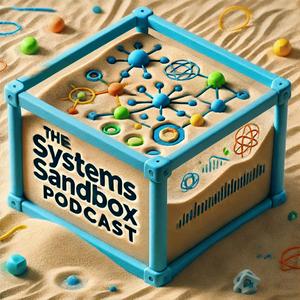
Get the free radio.net app
- Stations and podcasts to bookmark
- Stream via Wi-Fi or Bluetooth
- Supports Carplay & Android Auto
- Many other app features
Get the free radio.net app
- Stations and podcasts to bookmark
- Stream via Wi-Fi or Bluetooth
- Supports Carplay & Android Auto
- Many other app features


The Systems Sandbox
Scan code,
download the app,
start listening.
download the app,
start listening.
